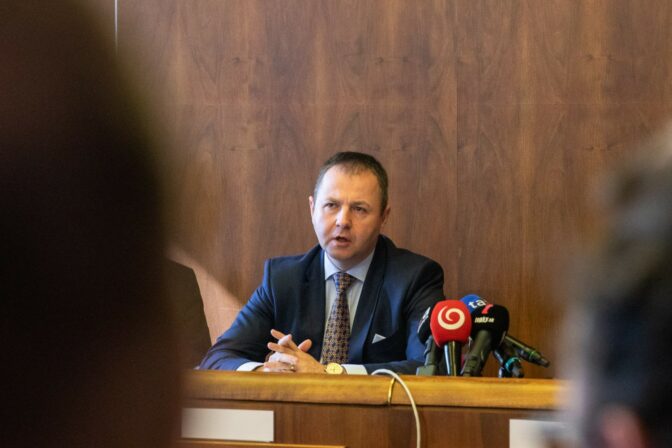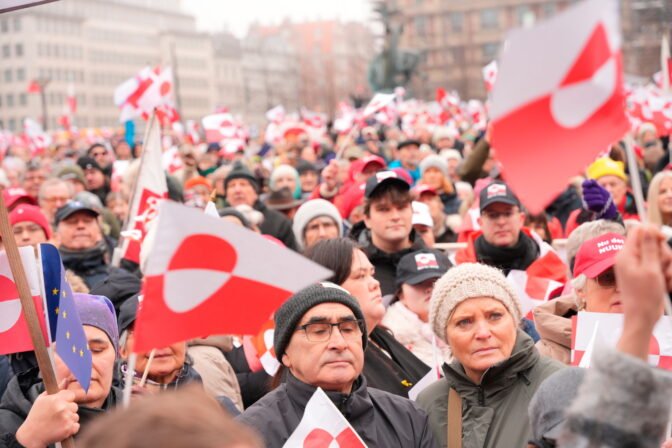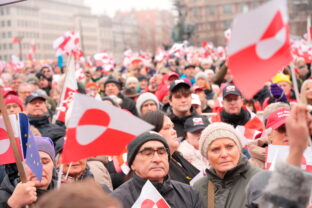BRATISLAVA, May 12, (WEBNOVINY) — Hungary is not keen on the Slovak proposal of an intergovernmental agreement designed to resolve the issue of dual citizenship. Slovakia presented a draft intergovernmental agreement to handle the issue of dual citizenship at a mixed Slovak-Hungarian Committee. Slovakia wanted to discuss the draft further. “It would be a good way to sort out our relationship,” believes Slovak Foreign Affairs Minister Mikulas Dzurinda. “We do not consider the draft the right starting point for negotiations,” stated his Hungarian counterpart, Janos Martonyi, who visited Slovakia on Thursday.
According to him, the principle of the agreement is still the same as the Slovak law, which legislators approved in Slovak Parliament in reaction to the Hungarian citizenship act. Martonyi added that the country wants to continue in mutual talks.
With regard to Dzurinda’s inquiry regarding voting rights for ethnic Hungarians in neighboring countries based on the amended Hungarian constitution, Martonyi assured that the constitution would have no extraterritorial effects. According to Martonyi, each country will determine its own rules that will have to be obeyed. If the rules have negative effects in the country, it is its internal matter. He added that the constitution does not demand implementation in a different country.
The issue of voting rights has not been resolved in Hungary yet. Martonyi claims that they will continue to discuss this matter.
Slovakia and Hungary have agreed to differ on collective rights too. Collective rights are part of the Hungarian constitution. Hungary has been recognizing collective rights of minorities for a long time, which could allow formation of national self-governments for minorities. Martonyi claims that a number of EU members recognizes them, too.
The Slovak legislation stands on individual rights. „I do not want to state that Slovakia does not accept collective rights, we have that in the legislation,“ stated Dzurinda. Whether Slovakia will recognize collective rights is under the country’s jurisdiction.
SITA












